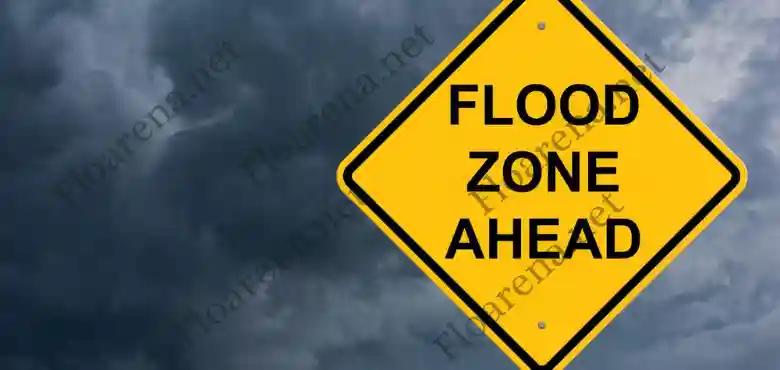Every day around 14,000 people are affected by water damage, according to the Insurance Information Institute. It’s one of the most common causes of property damage and can devastate families.
Living in a flood zone increases your risk of water damage, but that doesn’t mean you can’t own your dream home. You’ll face some challenges, but there are easy steps to take to ensure you’re protected. Once you have all the necessary information, you can make informed decisions about your safety.
We know this can be an intimidating topic, which is why we’ve put together this guide. You’ll learn everything you need to know about owning a house in a flood zone.
Understanding Flood Zones
The first thing you’ll need to do when you buy a house is look at the Federal Emergency Management Agency’s (FEMA) website. This is where you’ll see the designated flood zone. You’ll find your area to determine the level of risk you have.
Different zones indicate the risk from high to low. Knowing which specific flood zone you’re in will allow you to take the appropriate measures to ensure property protection.
Floor Insurance
Once you’ve determined your home is in a flood zone, you’ll need to secure flood insurance. Many people believe their standard homeowner’s insurance covers flooding, but it doesn’t.
There is a way to get affordable flood insurance through the National Flood Insurance Program (NFIP). It’s a federally backed initiative that helps homeowners protect themselves financially.
Emergency Preparedness
Being prepared is one of the most important things. Storms can roll in quickly and without warning. You don’t want to be scrambling at the last minute to get everything ready for heavy rainfall.
Take the time to sit down with your family and create an emergency eviction plan. This should include a communication strategy and a meeting.
You should also have an emergency kit for supplies such as water, medications, information documents, and non-perishable foods. Staying informed about the weather forecast and local flood warnings will be beneficial too.
You should also gather information about local water damage restoration services. In the case that you sustain flood damage, don’t wait long to get it cleaned up.
Elevating and Waterproofing
Taking measures to waterproof your home can help you protect your belongings and your home. If you’re building a new home, consider elevating the structure above the base flood elevation. This can help reduce flood damage.
You should seal the basements and lower levels with waterproof materials. This will help reduce the amount of water that gets into your home.
If possible, you may want to install flood vents in the foundation. This isn’t always necessary, so talking with a professional is recommended.
Navigating Life in a Flood Zone
Living in a flood zone requires you to take proactive measures. Waiting too long will increase your risk of water damage.
When it’s time for you to buy a home, do your due diligence and stay informed about flood zones, evacuation routes, and damage restoration. The more you know, the easier it’ll be to keep your property in good shape.
We hope you’ve found this guide helpful. For more home improvement tips, keep browsing our blog.






